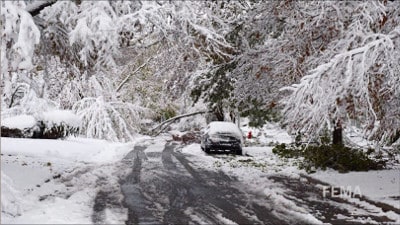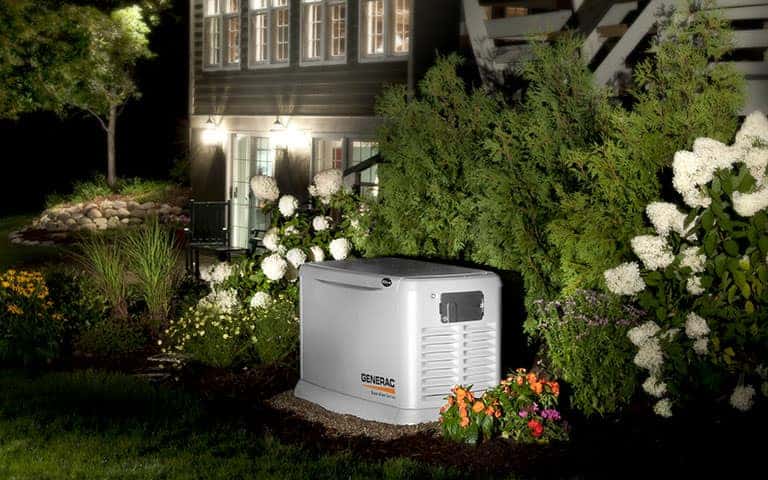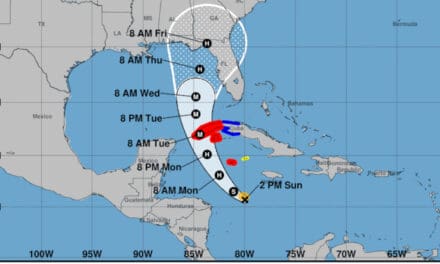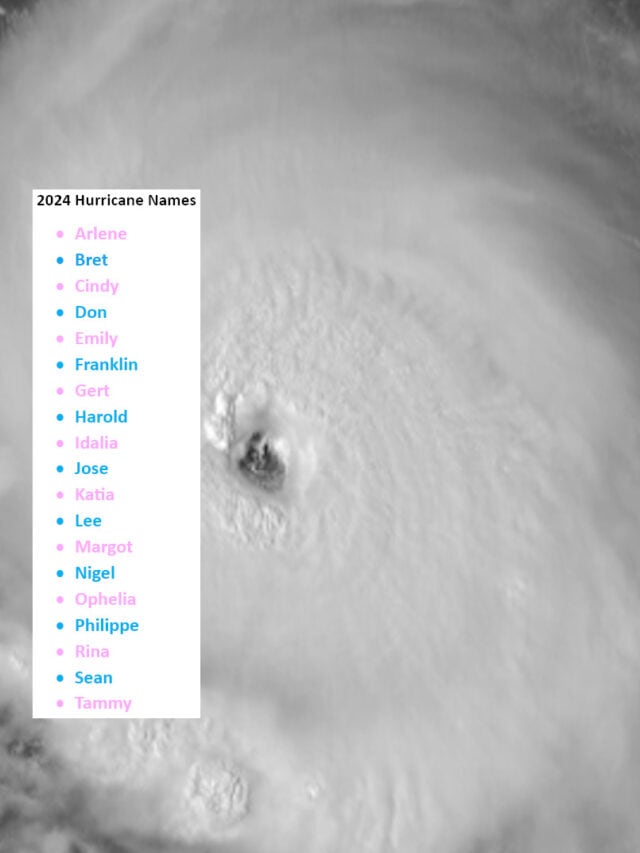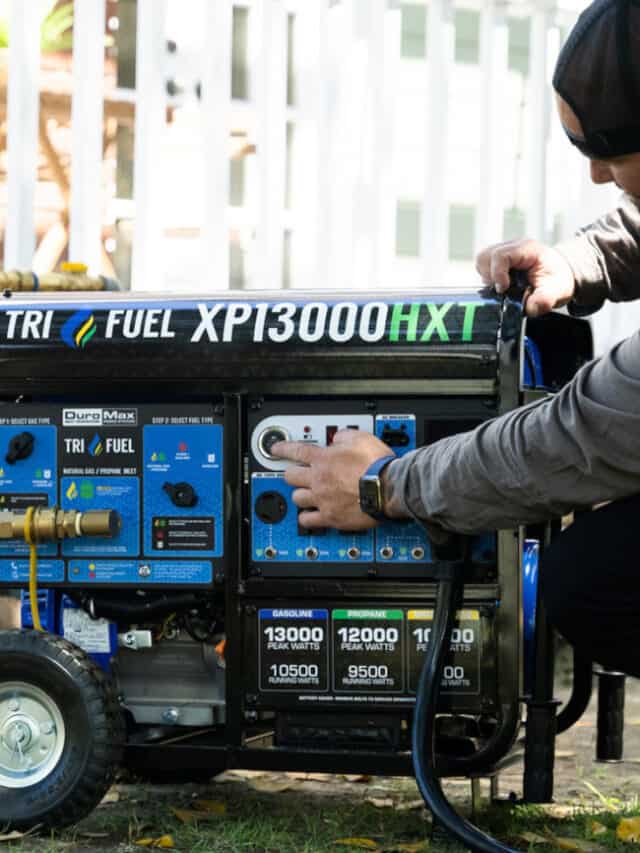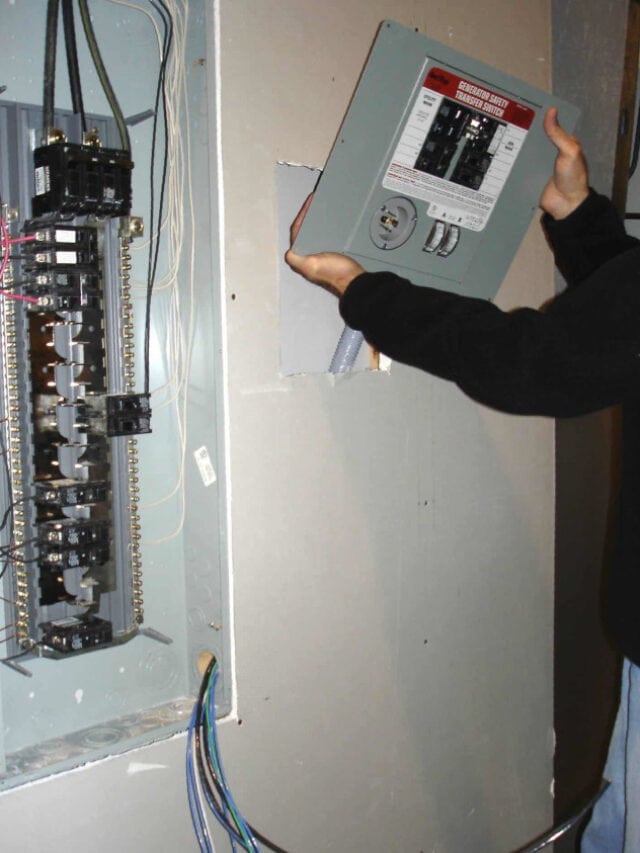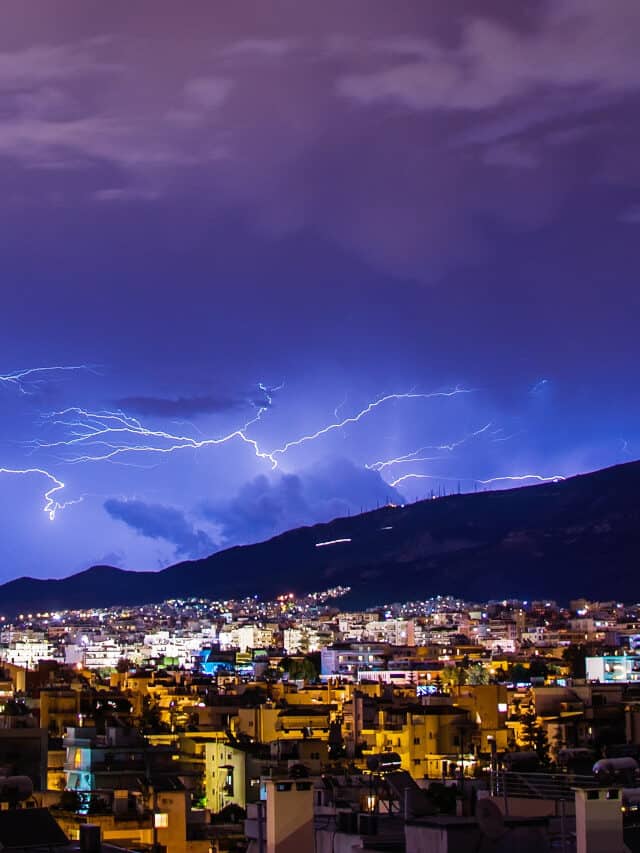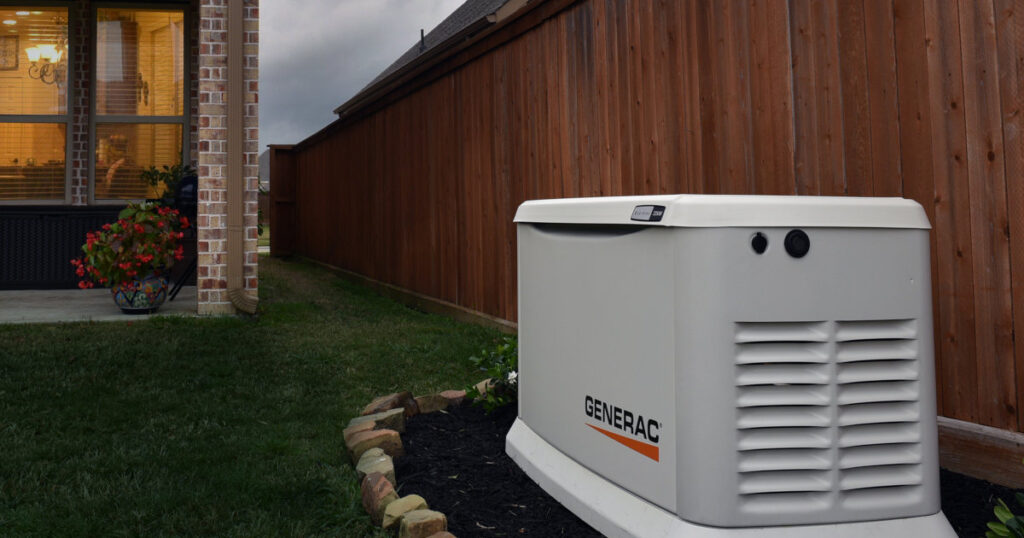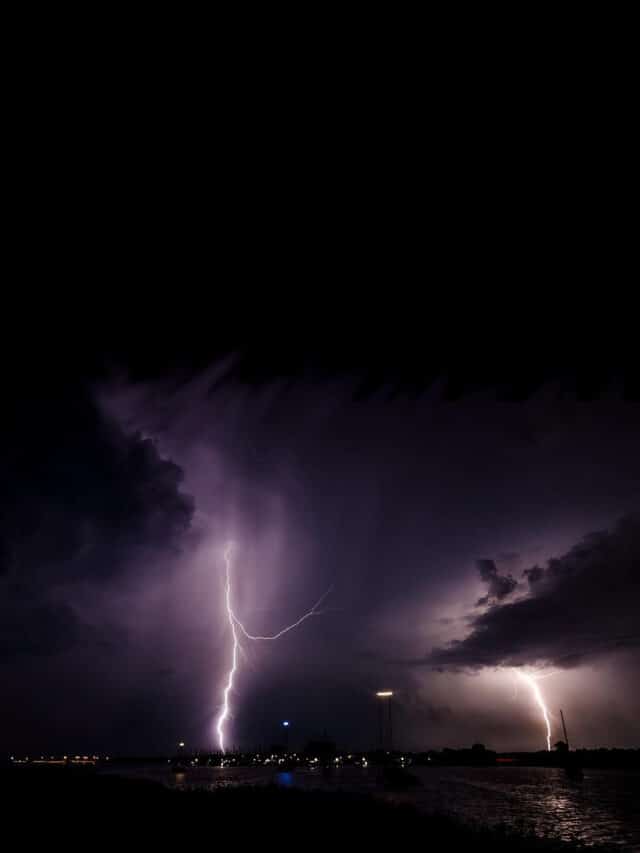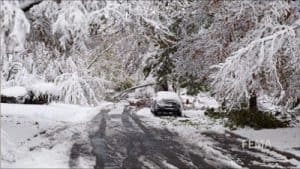
This Early Season Storm Caused Widespread Power Outages, Downed Trees, and Made Travel Difficult
Dec 7 NWS Weather Prediction Center Forecast: A storm system is expected to move across the southwestern states late Friday night bringing a mix of snow and ice from New Mexico into northwest Texas and Oklahoma. The West Texas South Plains should receive up to three to four inches of snow by early Saturday. Mixed precipitation further east into Arkansas may bring some higher accumulations to the Ozarks.
As the system moves east on Saturday, snow begins to develop across the southern and central Appalachians. Southerly winds ahead of a low-pressure system will bring moisture up from the Gulf while a high-pressure system sets up over the Mid Atlantic setting up a significant winter storm with heavy snow in the southern and central Appalachians. Expect Power Outages from overburdened power lines and falling trees or broken branches. Snow and ice accumulations will make travel hazardous.
Virginia and the Carolinas should expect a wintry mix of snow and freezing rain, contributing to hazardous travel conditions and power outages.
Further south along the storm, heavy rain will fall from eastern Texas to the lower Mississippi valley, possibly causing a rise in streams and rivers with flooding possible. The threat of heavy rain will spread along the Gulf Coast into the Southeast over Saturday and into Sunday.
Sound advice during a winter storm—stay home and off the roads. If you must travel, carry extra food, never let your gas tank fall below half, and carry an emergency winter travel kit. At home, check your supplies before the storm hits and stock up if necessary so you don’t have to go out. Assess your Winter Emergency Kit for Home and Vehicle and if do you go out, put the emergency travel kit in the car.
Preparing for Power Outages
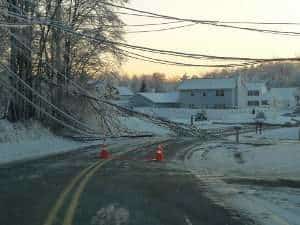
Downed Trees and Power Lines Following an Early Season Winter Storm
Rain, Ice, and Snow along with changing weather patterns can set up a significant winter storm. As rain turns to ice and gathers on trees and power lines, the likelihood of a power outage increases. Burdened with ice and heavy snow, tree branches can snap. Saturated soil loses the ability to anchor large trees, especially those with shallow root systems. The weight of the snow and ice may break or topple the tree. Add a small amount of wind and the tree becomes especially vulnerable. Snow and ice increase the surface area on the tree, catching more wind and putting greater stress on the roots and branches.
A tree that falls on power lines causes a short to ground. Special circuit breakers may try to restore power several times over a few seconds in an attempt to burn through the branch. This causes the lights to blink in your house. If successful, the power stays on. However, large branches and entire trees won’t burn through and after two or three tries, the lights stay out.
In a significant storm with many power outages, utility companies scramble to restore power. During the winter, homes are especially vulnerable in below freezing conditions. Without power to run the furnace, pipes may freeze if the power stays out for an extended period.
FEMA Recommends a Generator for Backup Power
It’s always a good idea to have a plan for power outages. Store non-perishable food and a way to prepare it, along with an emergency supply of water. Know how to keep your refrigerator and freezer cold for as long as possible. Also keep flashlights with extra batteries, battery lanterns, and candles encased in glass. Matches or a BBQ lighter can light your gas stove burners. Always follow the manufacturer safety rules for portable generators.
Home Standby Generators provide the most convenient backup power source and unlike portables, they run automatically in any kind of weather and don’t need constant refueling. If you don’t have a home backup generator, a portable with the right connections can supply important appliances with power and keep a few lights on.
If you’re using a portable, don’t forget to run your sump pump, especially during and after periods of heavy rain.
How to Use a Portable Generator for Emergency Power
Best Home Backup Generators for Cold Climates

